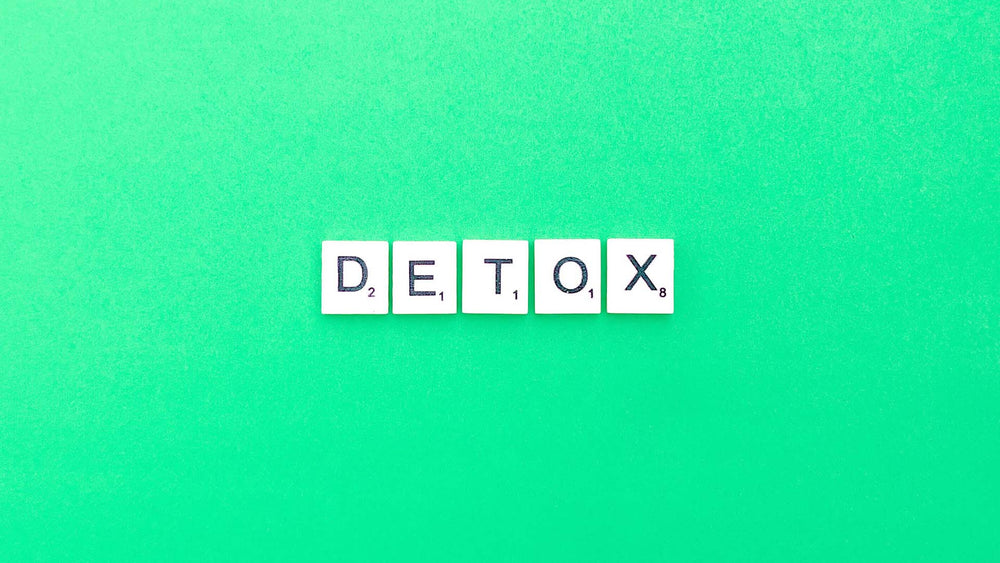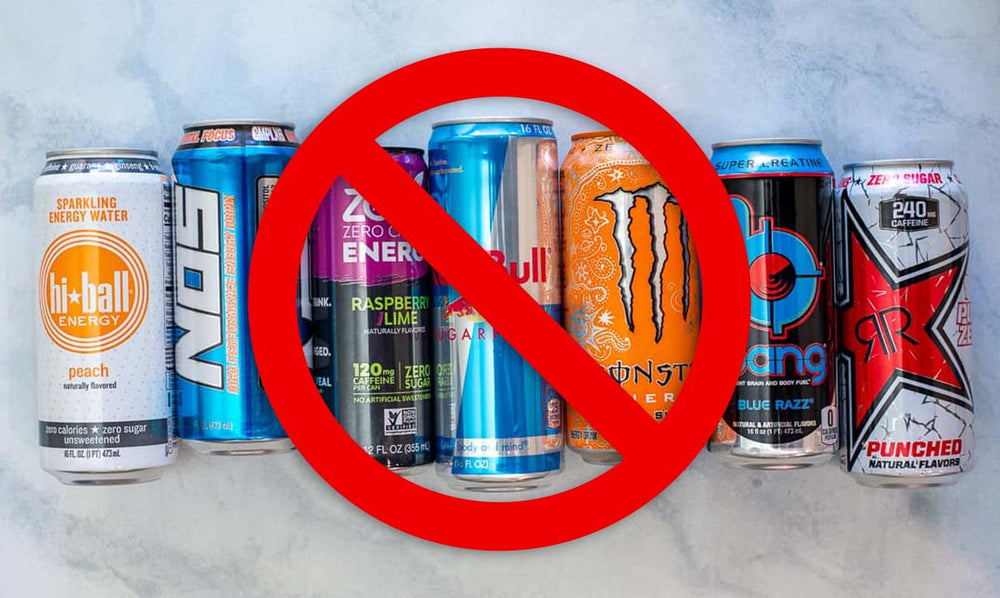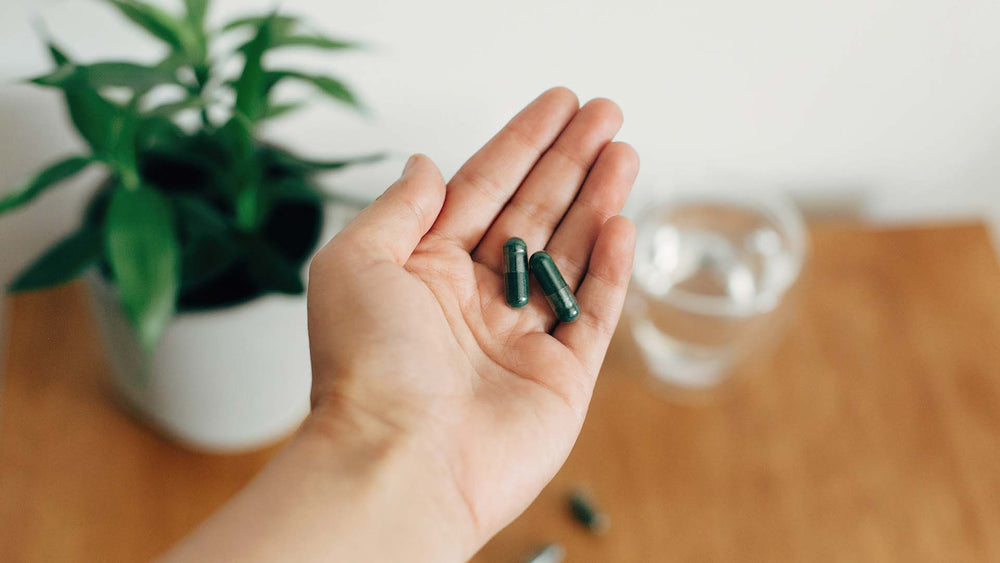Hormones are chemical messengers in your body. They travel through your bloodstream to trigger metabolism, growth, reproduction and other processes necessary to sustain life. Your brain sends a signal to these messengers, directing them to enter the bloodstream. A series of glands called the endocrine system creates and stores various hormones.
Hormones and the Glands that Produce Them
Hormones are chemicals secreted into your blood, and they carry messages to your tissues and organs. These chemical messengers allow your body to perform various functions. These processes include:
- Growth and development
- Body temperature and thirst
- Metabolizing food
- Sexual function and reproduction
- Mood and cognitive function
Hormones are secreted from ductless endocrine glands in your body. Here are a few glands and the hormones they produce.
The pituitary gland, a small pea-sized gland located in the base of the brain. It is sometimes called the “master gland”, since it regulates the activities of other hormone-producing glands. The pituitary gland creates hormones that stimulate growth, skin pigmentation and other functions, as well as the adrenal and thyroid glands.
The hypothalamus connects the endocrine and nervous systems. It is a group of special cells in the lower middle part of the brain. The nerve cells in this area are in charge of the pituitary gland because they create chemicals that suppress or fuel secreted hormones from the pituitary gland.
The parathyriods, four small glands attached to the thyroid, function together to regulate calcium in the body. Calcitonin, which is produced in the thyroid, also helps regulate calcium.
The butterfly-shaped thyroid gland is located in the front of the neck, under the Adam’s apple. It produces hormones that affect most organs in your body. Thyroid hormone (Triiodothyronine) controls metabolic rate and affects the heart, skeleton and machinery of every cell. The thyroid helps maintains body weight and energy level. High levels of thyroid hormones causes hyperthyroidism, a condition characterized by rapid heart rate and bulging eyes. A low triiodothyronine level causes hypothyroidism, which results in fatigue, constipation and dry skin.
Adrenal glands, the small, triangular glands at the top of your kidneys, regulate your immune system, stress response, metabolism, and blood pressure. When adrenal glands don’t produce enough hormones, it can cause adrenal insufficiency. This condition is characterized by fatigue, weight loss, nausea, poor appetite and stomach pain.
The pineal gland, in the middle of the brain, secretes the hormone melatonin helps regulate when you go to sleep and wake up in the morning.
Your pancreas produce the hormones insulin and glucagons. These hormones keep you supplied with enough glucose (sugar) for energy during the day.
And finally the reproductive glands are associated with puberty, conception, menstruation, and pregnancy. The testes in males produce hormones called androgens and the ovaries in a female produce estrogen.
How Hormones Change Throughout Your Life
The raging hormones of adolescence can cause acne, moodiness and anger – but you probably already know that firsthand from your own teen years. The age of puberty varies; it usually occurs between 7 and 13 in females and between 9 and 15 years in males.
Gonadotropin-releasing hormone (GnRH) starts puberty when it’s released in the brain. When this hormone reaches the pituitary gland, it releases luteinizing hormone (LH) and follicle-stimulating hormone (FSH). These hormones change different parts of the body on males and females. They spur production of testererone and sperm in boys. FSH and LH affect the ovaries in girls, producing estrogen to prepare the body for pregnancy.
During puberty, growth hormones, sex hormones and adrenal stress hormones multiply to influence brain structure and behavior. Since the brain is still changing to prepare for adulthood, it is possible for excess hormones and other elements, such as too much stress, to form the basis for schizophrenia in some teens.
Pregnancy
Three key hormones affect your pregnancy.
Human Chorionic Gonadotropin (HCG), the main hormone pregnancy, forms in what later becomes the placenta. It circulates throughout your system and leaves the body through the urine. Pregnancy tests work by identifying a large amount of HCG in the urine. (Your HCG level doubles every two day for the first ten weeks of pregnancy.) Morning sickness is more prominent in women with high HCG levels.
Progesterone relaxes the uterus muscles and assists the immune system with handling the appearance of a visitor, aka the fetus. The corpus luteum, a cyst on the ovary creates progesterone until the tenth week, when the placenta takes over production. This hormone relaxes you and lowers blood pressure, which may make you feel dizzy, nauseous, or constipated. Progesterone may also increase hair growth on your breasts or lower belly.
Estrogen has a major role in fetus development. After you reach the end of the first trimester, estrogen levels decline. Estrogen is vital for the production of hormones in the fetus and the growth of the fetus’s adrenal gland. Higher estrogen levels may change your skin pigmentation, and cause spider veins, nausea and a bigger appetite.
A few other hormones influence pregnancy to lesser degrees. Oxytocin helps the nipples produce milk for breastfeeding, and it also stretches the cervix. The artificial form of oxytocin, Pitocin, is administered to induce labor. Prolactin produces milk for lactation. It also influences the immune system and influences the creation of dopamine, a neurotransmitter that regulates emotional responses. Prolactin is created in the pituitary gland, breasts and uterus. Finally, the hormone Relaxin helps loosen up your ligament and birth canal for delivery.
Menopause
Estrogen keeps the female reproductive system healthy and moisturizes female sexual organs. Estrogen levels decline during perimenopause, then shoot back up and go back down again. This accounts for the mood swings many women experience during that time.
At midlife, high estrogen levels result in bloating and heavy periods. Low estrogen causes the classic symptoms of menopause – night sweats, hot flashes, bone loss and palpitations.
Menopause, periomenopause and pre-menstrual hormone fluctuations causes estrogen levels to become too high or too low. When this happens you can become anxious, depressed or quick to anger. As menopause draws to a close, estrogen levels plummet.
Progesterone readies the uterus for a fertilized egg and aids in early pregnancy. The production of this hormone stops after the final menstrual period or when there is no ovulation (pregnancy).
Testosterone, the male hormone, is also necessary for women’s health. It contributes to muscle and bone mass. This hormone is important to estrogen production and a health libido.
Post-Menopause
The stress hormone cortisol rises and falls during the day. If it’s always at one extreme or the other, either too high or deficient, you may experience adrenal fatigue. When your cortisol levels are out of proportion, you can become depressed, anxious, and chronically tired.
Eating too many of the wrong foods can adversely effect your emotional health. White bread, sweets, refined flour pasta and starches make your body create more insulin to reduce the inevitable spike in blood sugar.
Consuming too many carbohydrates and sweets over a long period can cause hypoglycemia (low blood sugar). Your body reacts to the low blood sugar levels by producing more cortisol, which in turn causes anxiety, irritability, and fatigue.
Hormones and Anxiety
Prescription anti-anxiety medications control brain chemicals like serotonin and dopamine, but they can have harmful side effects. It’s much better to use natural supplements and balanced nutrition to fight hormone-induced anxiety. If you have mild to moderate anxiety, try the following natural remedies:
Cinnamon
A study showed that cinnamon lowered fasting serum glucose in patients with Type 2 diabetes. It slows down the rate your stomach empties after eating, which helps regulate blood sugar. Sprinkle cinnamon on cereal or oatmeal, or make French toast.
Ashwaganda
Used for centuries by Ayurvedic practioners, Ashwaganda is a herb used to curb anxiety and inflammation. It contains phytochemicals, such as lactones and alkaloids, which may be precursors to hormones.
A clinical study showed that ashwaganda substantially reduced the levels of the stress hormone cortisol in participants who took the herb. Another study showed that the herb reduced stress in women with enlarged adrenal glands by balancing the amount of the hormones cortisol, progesterone, and pregnenelone.
How Hormones Affect Depression
Have a medical checkup to determine the cause of your depression. If it’s due to out-of-balance hormones, you may be able to revive your mood with nutrition, exercise or medication to treat the specific hormone problem – thyroid medicine, for example.
Avoid taking anti-depressants unless you have severe, ongoing depression and have exhausted all other treatment options. Here are some the symptoms of depression. Several of them can be caused by an imbalance in estrogen, cortisol or progesterone .
- Loss or increase in appetite
- Fatigued
- Easily irritated
- Indecisiveness
- Inability to focus
- Sadness and hopelessness
- Low libido
Estrogen boosts the hormones serotonin and increase production of the calming neurotransmitter GABA. Serotonin promotes happiness and better sleep. The hopeless feeling many women experience during menopause can be attributed to low serotonin levels.
Progesterone, a natural anti-depressant, stabilizes libido and helps you sleep. Lack of progesterone causes insomnia, poor libido, and sadness.
Cortisol, the stress hormone, causes an uptick in agitation, sugar cravings and sleeplessness. If you have low cortisol levels, you may have low libido, fatigue and be unable to think clearly in stressful or difficult situations.
Treating Depression Naturally Regardless of the Cause
Regardless of what causes your depression or anxiety, you can treat it naturally with a good diet, exercise and stress-reduction techniques like meditation and yoga.
Avoid excess sugar and salt, junk food and fast food to stay healthy and happy. The vitamins in fresh fruits, vegetables, fish and whole grains will supply you with feel-good nutrients.
The Omega 3s in fish and nuts guard against heart disease and help you retain a good mood. The Vitamin B12 in red meat and pork nourishes nerve cells to prevent you from becoming agitated. Studies show that high-fiber foods do more than keep you regular – they also reduce the likelihood of depression.
Keep your body moving to stay happy. You don’t need to run marathons or lift weights, but studies show that moderate exercise, such as walking 20-30 minutes a day can prevent depression, regardless of your age.
Exercising every day could replace medication for most individuals suffering from depression. The cost of antidepressants and their side effects make medication problematic for many people. Exercise and nutrition provide the same results without the hassle.
Hormones and Disease
Even a small change in hormone levels can cause disease. A lab test of urine, blood or saliva can indicate disease caused by a hormone disorder, such as hyperthyroidism or hypothyroidism.
A disease caused by a hormone imbalance is called an endocrine disease. The most common diseases of the endocrine system are diabetes, hypoglycemia, thyroid disorders, and osteoporosis.
Type 1 diabetes occurs when the immune system destroys insulin-making cells in the pancreas. Type 2 diabetes has several causes, including obesity, a sedentary lifestyle, and bad diet, which lead the body to produce elevated levels of glucose. The body then produces lower levels of insulin or no insulin.
Hypoglycemia causes a low level of blood sugar that causes diabetes if left untreated. It can also be caused by certain medication used to treat diabetes. Diseases of the adrenal gland and pituitary gland can cause hormone deficiencies that create hypoglycemia.
Osteoporosis is a condition that weakens bones and causes them to break easily. It affects many post-menopausal women due to a lower level of estrogen. Old age, alcoholism and some medications may also cause loss of bone mass.
Other Ways to Keep Hormones Balanced
Some nutrient-packed supplements can help keep your hormones and your mood balanced. Wheatgrass lives up to its reputation as a superfood because it contains hundreds of nutrients, including vitamins, minerals, enzymes, and amino acids. Wheatgrass gets most of its high nutritional value from chlorophyll, the substance that gives plants their green color.
Happy Girl Mood Enhancer, from WheatgrassLove, contains wheatgrass plus a blend of over a dozen healthy herbs. The nutritious blend includes green tea extract, ginkgo biloba, cayenne pepper and ginger. Along with a healthy diet and exercise, Happy Girl can help keep your hormones in check.
















